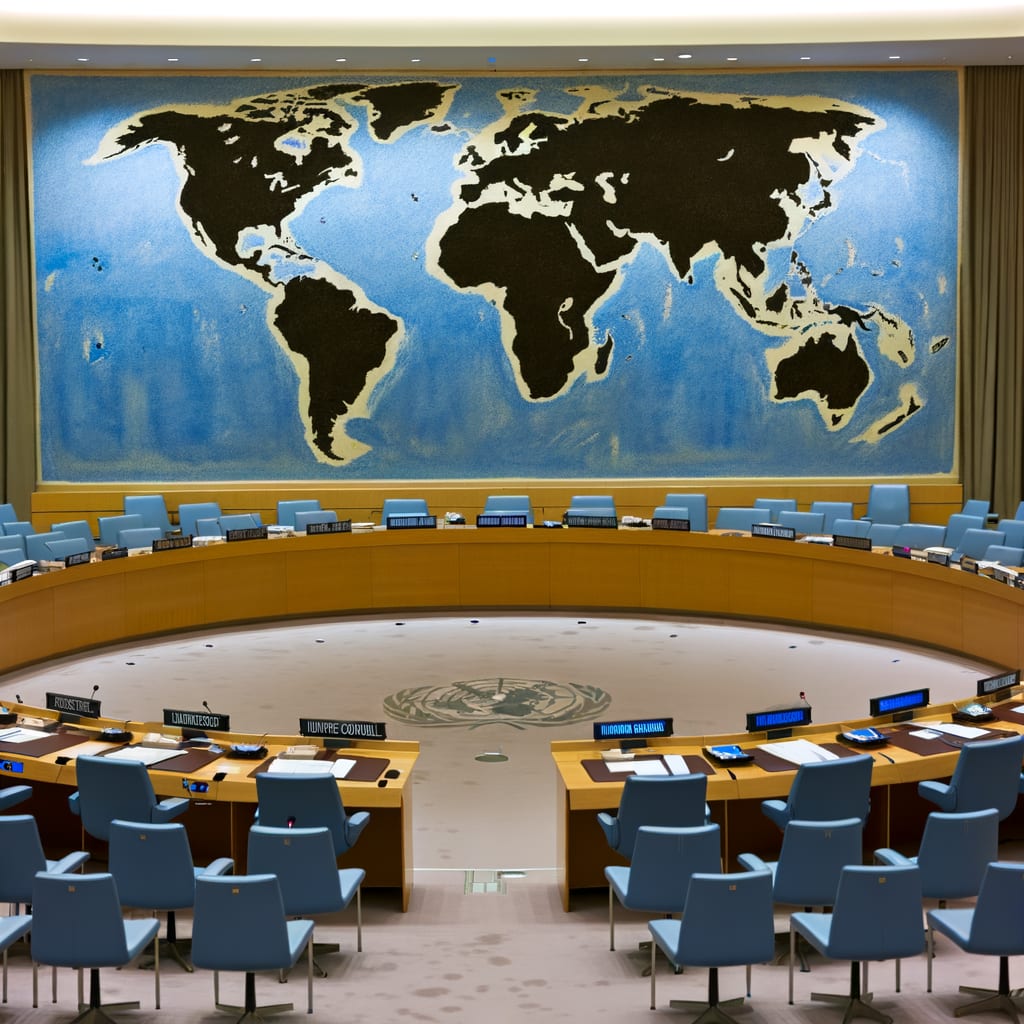UN Human Rights Body Investigates Sudan's El-Fasher Massacre Amid Humanitarian Crisis
In response to the escalating crisis in Sudan, characterized by mass killings and humanitarian concerns, the United Nations Human Rights Council has convened a special session. The session's agenda includes a draft resolution calling for an urgent inquiry into the atrocities committed by the Rapid Support Forces (RSF) in the city of El-Fasher, Darfur.
Context and Background
The RSF, a Sudanese paramilitary group, seized control of El-Fasher at the end of October, following an 18-month siege. The aftermath has been described as a series of massacres, ethnic violence, kidnappings, rapes, and sexual assaults, according to Le Monde. Sources from BBC News and Al Jazeera English indicate that the UN has accused the RSF of committing appalling
abuses, with UN rights chief Volker Türk promising that the probe into the mass killings will hold culprits accountable.
This conflict has not only resulted in widespread death and displacement within Sudan—with tens of thousands dead and 12 million displaced as per Deutsche Welle—but it has also spilled over into neighboring Chad. AllAfrica.com reports that the capital of Chad, N'Djamena, has hosted over a million refugees for more than twenty years, and the current escalation in violence is causing a strain on already scarce resources in one of Africa's poorest countries.
Key Developments
The atrocities committed by the RSF in El-Fasher have significant implications for neighboring regions. Al Jazeera English reports concerns that the RSF might turn the strategic city of el-Obeid into another El-Fasher, raising suspicions about their intentions. Meanwhile, Middle East Eye reports that a US-based watchdog, The Sentry, has found that the Libyan commander Khalifa Haftar's forces have been supplying smuggled fuel to the RSF, allegedly at the request of the United Arab Emirates.
In response to the violence, civilians are fleeing from El-Fasher, but Middle East Eye reports that worryingly few are making it to Chad, with survivors describing looting, threats, and physical violence en route. Women, in particular, have shared harrowing experiences of sexual violence and beatings, with AllAfrica.com noting that the RSF's violent capture has left many victims with visible wounds and lack of food.
Reactions and Implications
The global community has reacted strongly to the crisis in Sudan, with Iran's ambassador and permanent representative to the UN in Geneva urging an immediate global response. The ambassador warned of widespread famine, the displacement of thousands of civilians, and the role of foreign interventions in worsening the disaster, as reported by IRNA English.
In response to these atrocities, the UN aims to deploy a fact-finding mission to El-Fasher, according to Deutsche Welle. The mission's goal is to collect evidence of the alleged violations of international law and ensure that those responsible are held accountable.
Current Status
The current status of the crisis remains severe, with the RSF accused of burning and burying bodies to conceal what some are calling a 'genocide'. According to Al Jazeera English, many people trying to flee El-Fasher for Al Dabbah have died on the way from wounds or lack of food. The world watches as the international community and the UN work to address the escalating humanitarian crisis and human rights abuses in Sudan.

